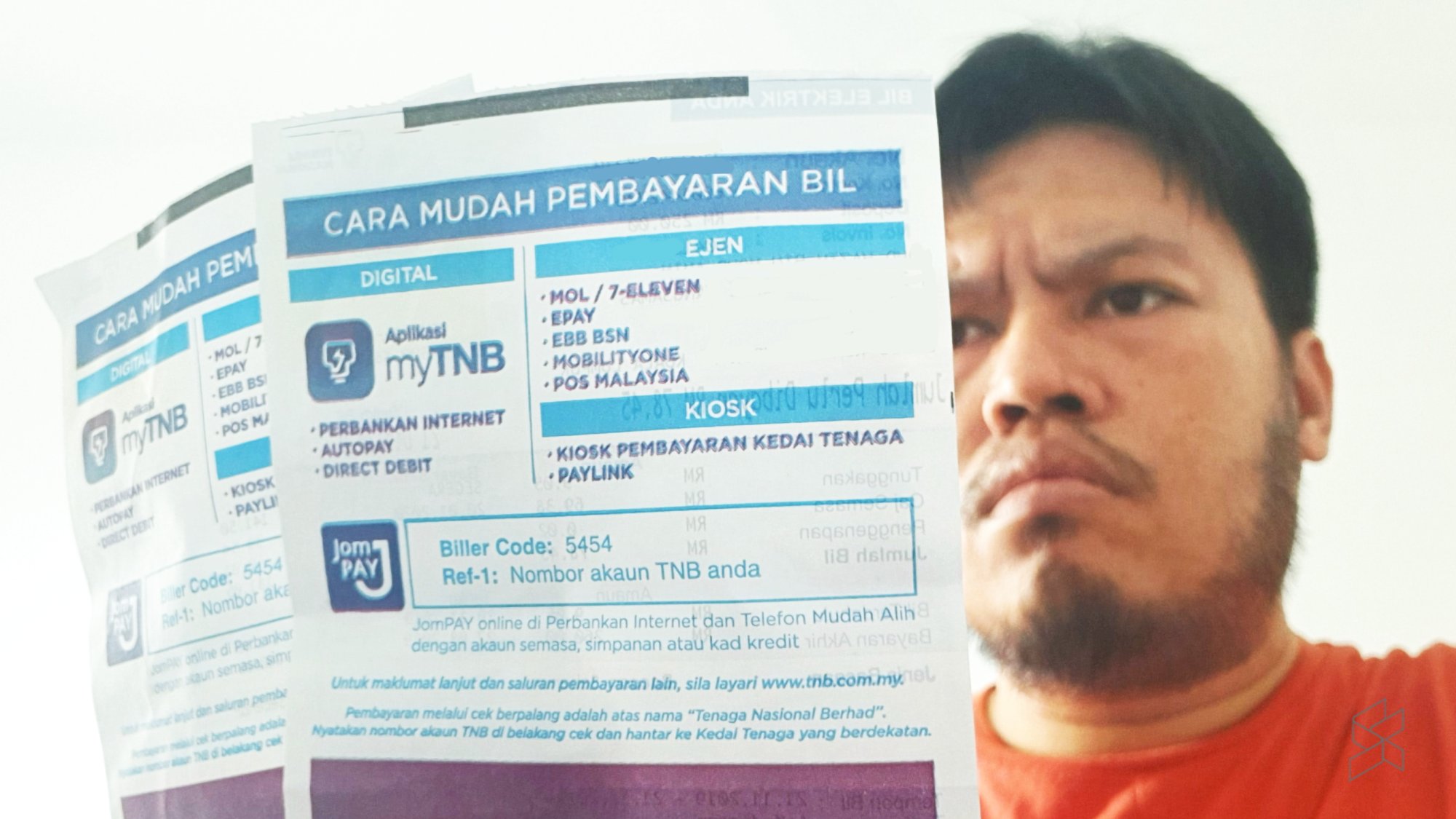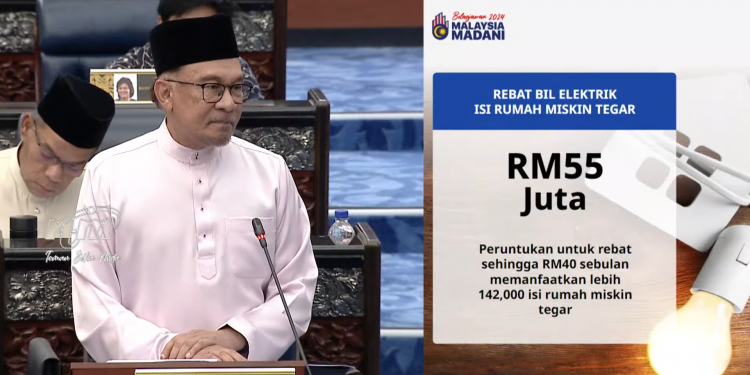After mooting targeted subsidies for what seemed like eons, the government finally phased in such a system for electricity tariffs this year—and during the tabling of Budget 2024 today, we got an insight into its effects. Finance Minister Anwar Ibrahim announced that the targeted approach has managed to reduce subsidies for 10% of the highest electricity users in Malaysia.
Anwar—who of course is also the Prime Minister—said the previous indiscriminate subsidy system represented a huge financial burden and predominantly benefitted the rich. In 2022, the 10% of the highest electricity users enjoyed 50% of the electricity subsidy borne by the government, while the 50% of consumers who used the least amount of electricity only received 10% of the subsidy.
The premier said the move is expected to save the government over RM4.6 billion in electricity subsidies this year, while still maintaining the same tariffs for 90% of electricity users. This means Malaysia is now projected to spend around RM16 billion in subsidies, as opposed to around RM20 billion at the start of the year.

This announcement follows the introduction in June of a 10 sen per kWh surcharge for users that consume more than 1,500kWh of electricity a month, as part of the government’s Imbalance Cost Pass-Through (ICPT) mechanism for the second half of 2023. At the time, Minister of Natural Resources, Environment and Climate Change Nik Nazmi Nik Ahmad said the move would only affect around 83,000 households, or 1% of all households.
Anwar added that the government plans to improve its targeted electricity subsidy approach, taking into account the level of electricity usage of each household. He said the government hopes this will encourage users to be more economical and efficient in their daily energy usage.
Lastly, Anwar said the government has agreed to continue providing a RM40 per month electricity bill rebate to low-income households, with an allocation of RM55 million. It will also eliminate the security deposit for homeowners who pay their own electricity bills.








